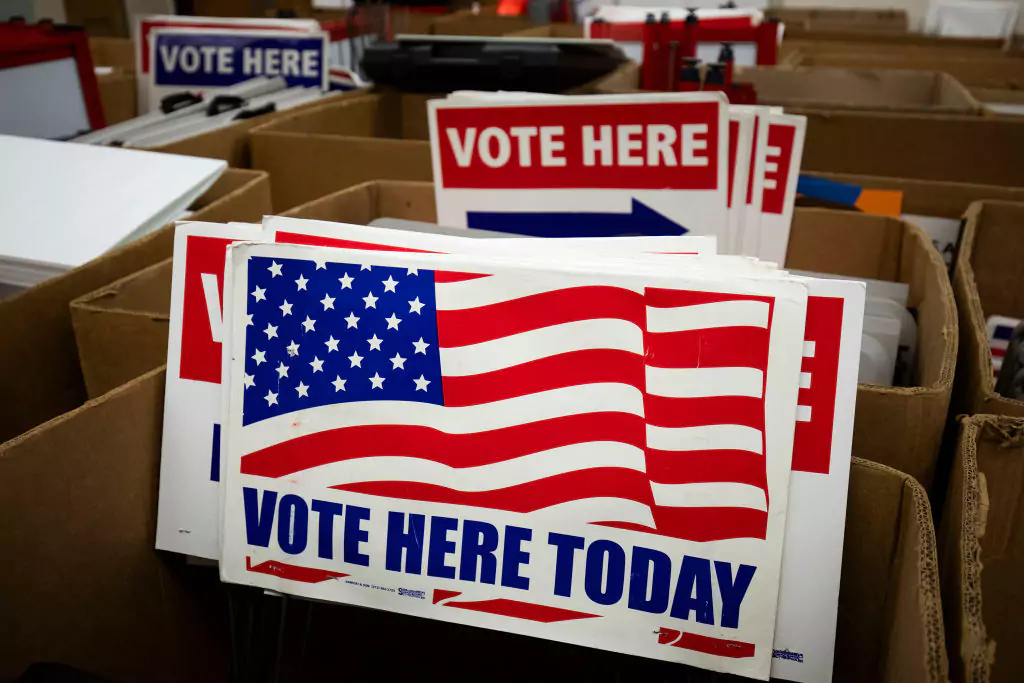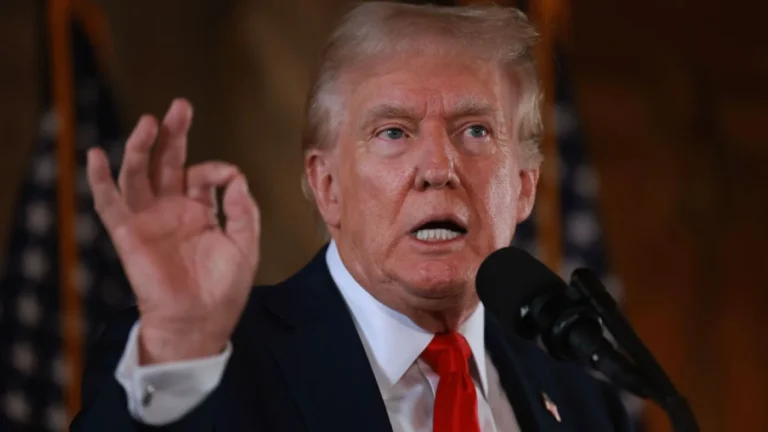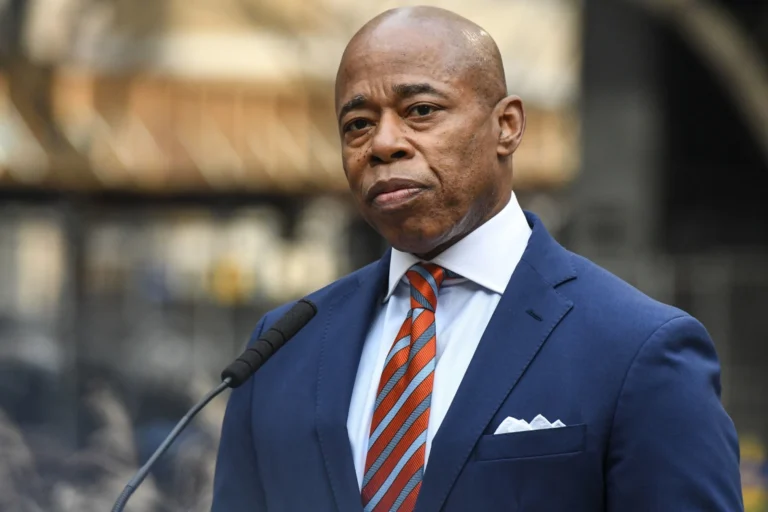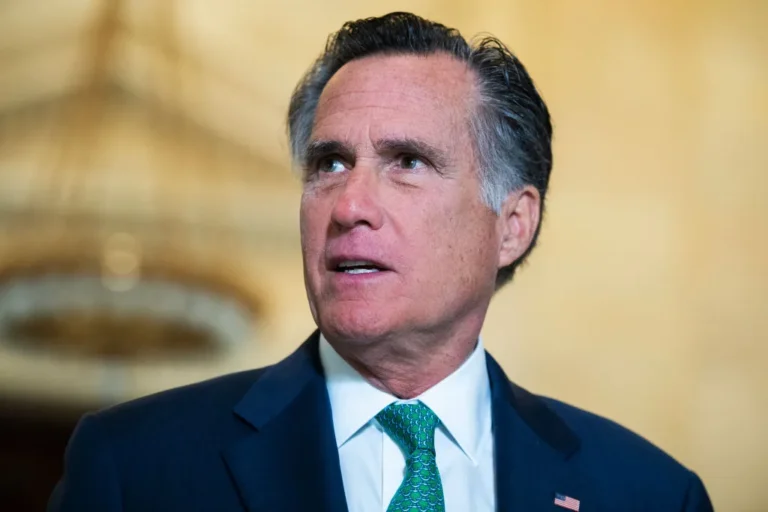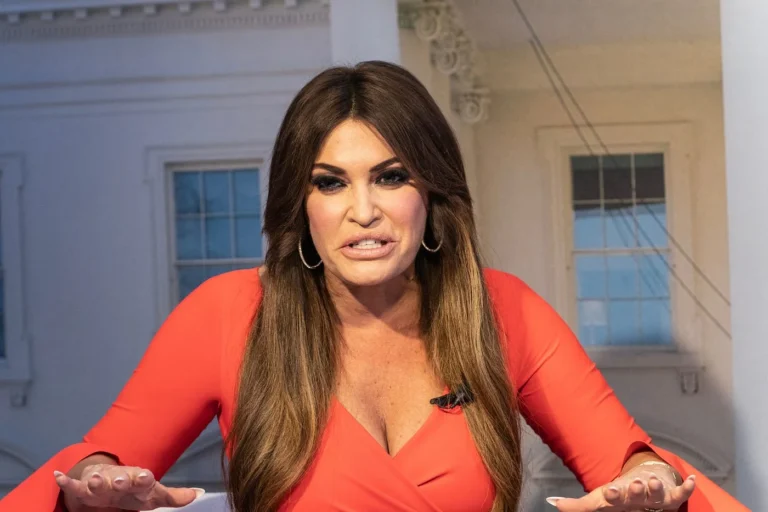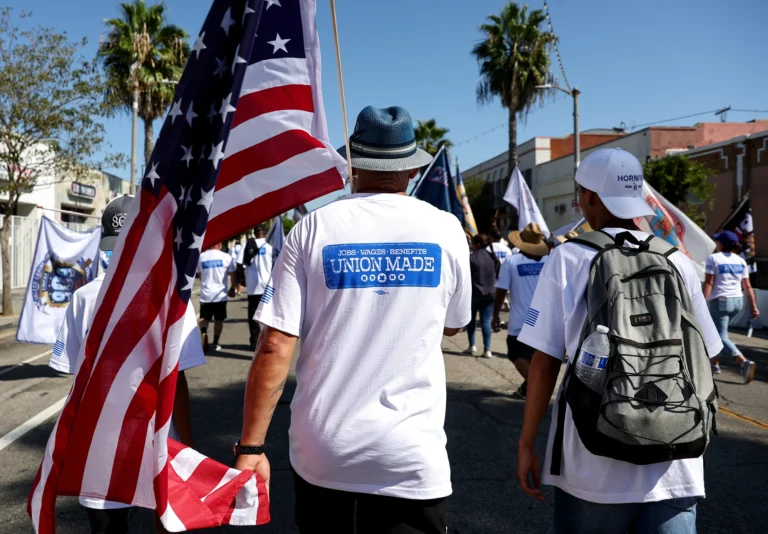As America prepares to vote, the stakes are higher than ever, with both candidates offering starkly contrasting visions for the nation’s future. Former President Donald Trump has warned that if he loses, the country will descend into chaos and “communism,” while Vice President Kamala Harris has called her opponent a “fascist” driven by a thirst for “unchecked power.” Campaign ads and public rhetoric have heightened the tension, leaving voters in battleground states feeling the weight of a deeply polarized election.
For many, the choice comes with a sense of fear. In Wisconsin, Heather Soucek, who lives in a swing county, plans to vote for Trump, citing her worries over Harris’s economic proposals. Nearby, Tracy Andropolis, an independent voter, supports Harris, concerned about Trump’s potential refusal to concede if re-elected. Both women, like many voters, feel that their preferred candidate’s loss would have dire consequences for the future.
This anxiety reflects a larger picture of a nation divided—two political “tribes” with sharply differing visions. From rural to urban areas, Americans are increasingly clustering in communities that reflect their political beliefs, a trend amplified by the yard signs and banners signaling allegiance to either Trump or Harris.
But eventually, these divided worlds will confront reality as votes are counted. The result, however it unfolds, will be a wake-up call for millions, reminding them that half of the country holds a very different view of what America should be.
Both candidates have traveled tumultuous paths to reach Election Day. Trump, notably, became the first former president convicted of a crime after his hush-money scandal trial. Instead of weakening his support, each legal setback seemed to bolster his followers’ resolve. His infamous mugshot from a Georgia election interference case has now become an emblem, featured on shirts and banners at his rallies. This summer, Trump’s dramatic recovery after a near-fatal shooting incident during a campaign stop in Pennsylvania only intensified the devotion of his supporters. By July, as he addressed his party’s convention with a gauze-wrapped ear, some delegates were visibly emotional, seeing him as a leader “called to lead the nation.”
On the Democratic side, a series of events has also transformed the race. President Joe Biden, after a faltering debate, eventually announced he would not seek re-election, opening the path for Harris to run. Her convention in Chicago marked a moment of reinvigoration for Democrats, rallying a party that had been growing pessimistic.
Despite initial excitement, Harris has struggled to maintain momentum, winning back traditional Democrats but finding it harder to sway undecided voters. She has emphasized a more optimistic outlook for the country, with a strong focus on reproductive rights in hopes of mobilizing female voters.
But for some, the choice remains uninspiring. Zoie Cheneau, a small business owner in Atlanta, feels she is picking “the lesser of two evils.” Although she plans to vote for Harris, she admits that Trump might be better for small businesses. “I will be excited that a Black woman could be president,” she says. “And I know she will win.”
Both sides exhibit strong beliefs in their candidate’s inevitable victory, even as many Americans view this election as an existential moment. Harris supporters struggle to understand why a “convicted criminal” remains competitive, while Trump’s backers are bewildered that anyone could support a candidate linked to policies that, they feel, have led to record-breaking illegal immigration.
This campaign has stirred unprecedented levels of tension, with warnings from both sides of apocalyptic consequences if the other prevails. The political landscape is charged with anxiety, and experts anticipate potential legal battles and protests once the results are announced.
Ultimately, the election brings Red and Blue America face-to-face. As votes are tallied, one half of the nation will come to terms with the fact that millions of their fellow citizens hold a profoundly different vision for America’s future. This realization could spark an intense and potentially painful national reckoning.
